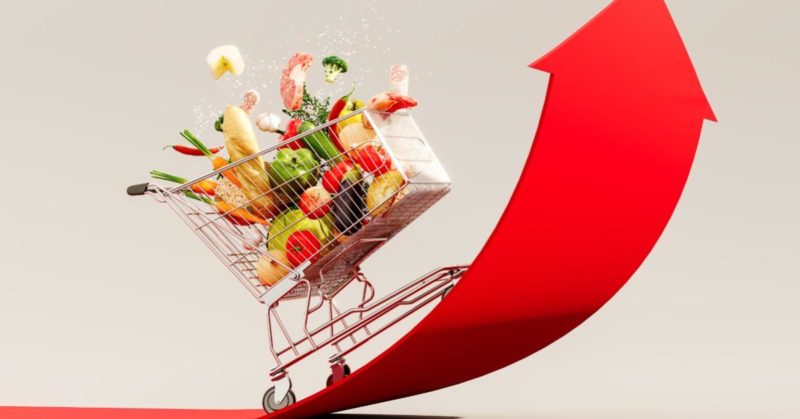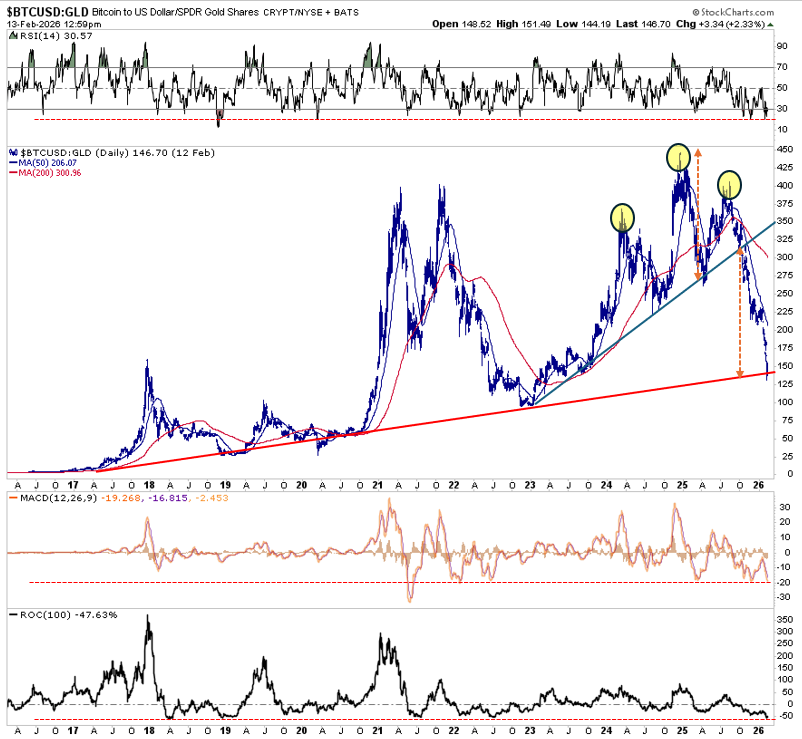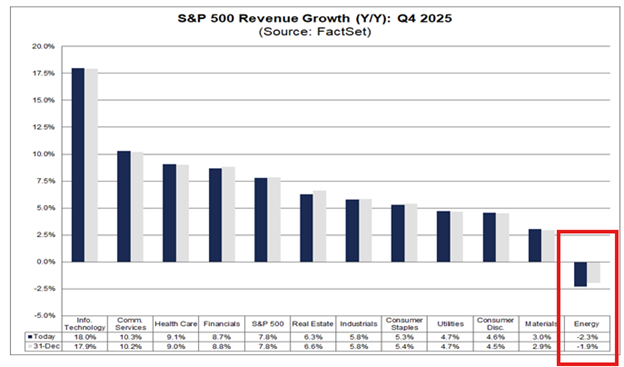 The line for the self-checkout registers at my neighborhood Albertsons stretched into the store’s produce section. Is this human progress? I wondered, scanning my groceries—this just after I had filled my car’s gas tank at a not-so-convenient convenience store near work.
The line for the self-checkout registers at my neighborhood Albertsons stretched into the store’s produce section. Is this human progress? I wondered, scanning my groceries—this just after I had filled my car’s gas tank at a not-so-convenient convenience store near work.
Not long ago, someone not only pumped your gas and cleaned your windshield but also checked your oil and tire pressure while you waited comfortably behind the wheel of your car. Gas retailers were once called service stations for a reason. Someone provided service. Now, gas is sold at convenience stores or big box membership stores, with consumers handling the hose.
Grocery stores are newer to the customers-do-it-themselves model and are still phasing it in. The few visible cashiers are always busy enough to encourage people to do the scanning themselves rather than wait for precious human help.
Locally, once it gobbles up Albertsons (which has already absorbed Vons) and Smith’s, Kroger may attempt to squeeze customers harder. Given grocery’s tight profit margin, asking for a bag of apples might garner the response “Here’s a sack. The ladder is over there, and the trees are out back.” Once upon a time, grocers had employees who wheeled groceries to your car and placed them inside, sometimes with a smile.
In the words of Murray Rothbard:
The developing division of labor is a key to the advance of any economy above the most primitive level. A necessary condition for any sort of developed economy, the division of labor is also requisite to the development of any sort of civilized society. . . . Without the opportunity to specialize in whatever he can do best, no person can develop his powers to the full; no man, then, could be fully human.
I suppose saying out loud that pumping my own gas and scanning my own groceries keep me from being fully human would trigger a passing Marxist. After all, Karl Marx himself said,
While in communist society, where nobody has one exclusive sphere of activity but each can become accomplished in any branch he wishes, society regulates the general production and thus makes it possible for me to do one thing today and another tomorrow, to hunt in the morning, fish in the afternoon, rear cattle in the evening, criticize after dinner, just as I have a mind, without ever becoming hunter, fisherman, herdsman or critic.
In class, Rothbard quipped, “Marx never seemed to worry about who was going to take out the trash.”
This breakdown of the division of labor, caused by the production of government fiat money, has had more damaging consequences than the disappearance of service stations and grocery store cashiers. People now have to worry they might run out of money before they run out of breath. Jörg Guido Hülsmann explains in The Ethics of Money Production that
the prevailing legal order is itself the very problem that causes perennial inflation. Legal monopolies, legal-tender laws, and the legalized suspension of payments have unwittingly become instruments of social injustice. They breed inflation, irresponsibility, and an illicit distribution of income, usually from the poor to the rich.
Without fiat inflation, Hülsmann explains, hoarding gold or silver would be a perfectly acceptable form of saving. There would be no need to become proficient at stock and bond analysis. Money would not evaporate:
Most importantly, [precious metals] were extremely suitable for ordinary people. Carpenters, masons, tailors, and farmers are usually not very astute observers of the international capital markets. Putting some gold coins under their mattress or into a safe deposit box saved them many sleepless nights, and it made them independent of financial intermediaries.
In today’s fiat world, one must become competent at either judging the direction of financial markets or judging the opinion of financial intermediaries who may turn out to be know-nothing hucksters or frauds. Hülsmann writes,
Old people with a pension fund, widows, and the guardians of orphans must invest their money into the financial markets, lest its purchasing power evaporate under their noses. Thus, they become dependent on intermediaries and on the vagaries of stock and bond pricing.
Most people are not emotionally equipped to handle their investments. Richard Oxford lists four mistakes individual self-investors make:
- Self-investors tend to buy too early and for the wrong reason!
- Investors tend to buy because someone else bought and has done well!
- Investors tend to hold stocks longer than they should and ignore market signals.
- Investors can be emotionally attached to their decisions.
There are likely many more.
The tech world has put all sorts of gadgets in our hands, but prosperity and human progress depend on the accumulation of capital and the division of labor. The production of fiat money destroys both.
Full story here Are you the author? Previous post See more for Next postTags: Featured,newsletter































